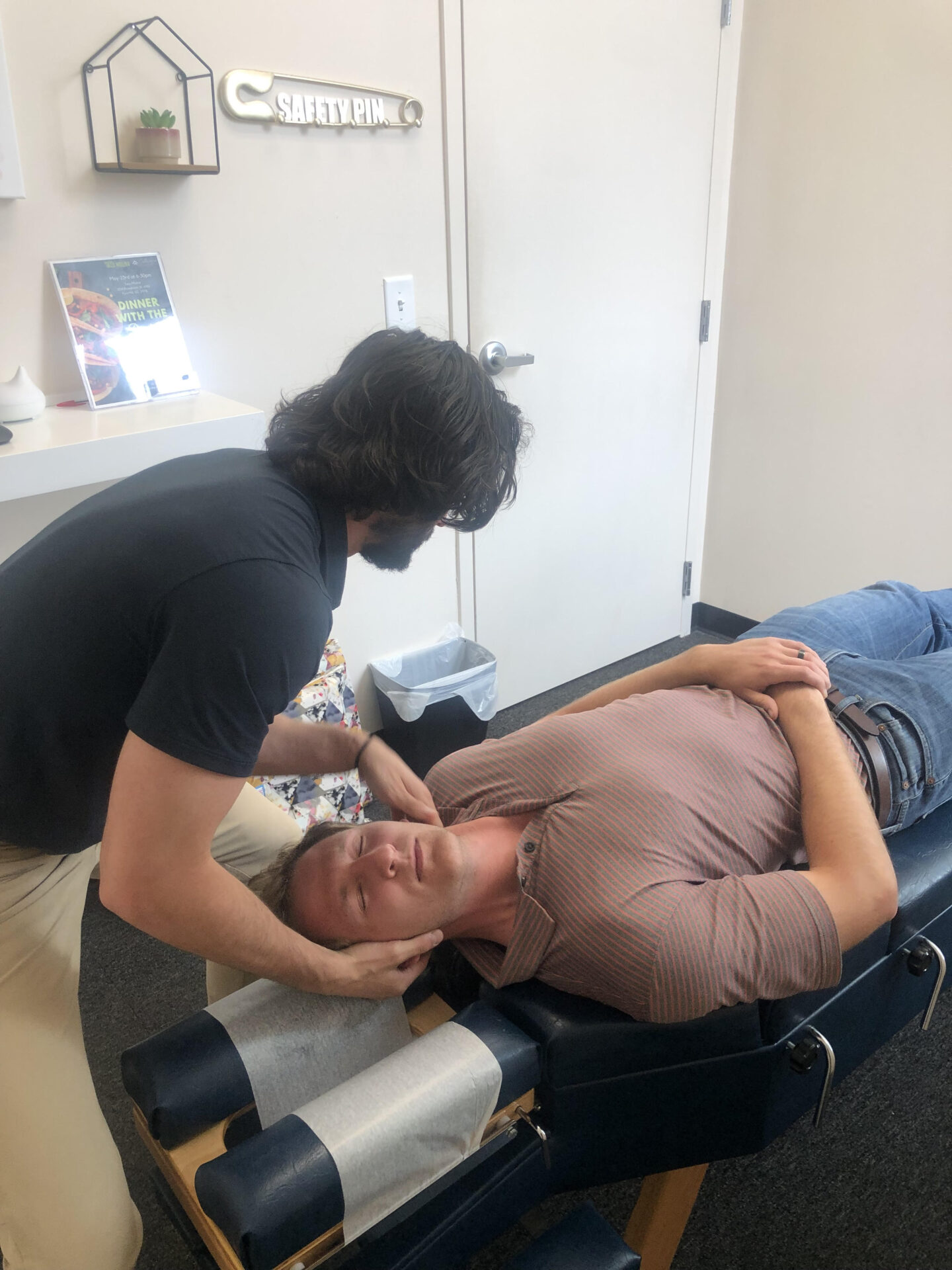
It’s not just your heart that hurts after a breakup—your neck might feel it too. Believe it or not, the way you hold your phone during emotional times can play a big role in neck pain.
When you’re scrolling through messages, obsessively checking social media, or texting your ex, the posture you adopt often leads to strain. Whether it’s slouching over your screen or holding your neck at an awkward angle, these habits can contribute to a stiff, sore neck.
It’s a curious connection between emotional pain and physical discomfort, and you might not even realize you’re making it worse. In times of stress, like after a breakup, your body reacts in subtle ways, and your phone might be one of the main culprits.
How does emotional stress during breakups affect physical posture?
Emotional stress during breakups can significantly affect physical posture, as our bodies often respond to emotional turmoil with physical tension. Here’s how emotional stress can manifest in posture:
- Shoulder Tension: When feeling stressed, anxious, or sad during a breakup, many people tend to tense their shoulders and neck muscles. This tension can cause them to slouch or hunch forward, leading to discomfort, stiffness, and even chronic neck and shoulder pain.
- Forward Head Posture: Emotional stress can lead people to adopt a forward head posture, particularly when looking down at phones, computers, or other devices during distress. This posture, often associated with “text neck,” can strain the muscles and ligaments of the neck, causing pain and discomfort over time.
- Chest Constriction: Anxiety or sadness can result in shallow breathing, which affects chest posture. People may tighten their chest muscles and fold their shoulders inward, unconsciously creating a hunched posture that can further contribute to physical discomfort.
- Hunched Back: The emotional weight of a breakup can cause people to physically “shrink” inward. This results in a slouched or rounded back, leading to misalignment of the spine and strain on the lower back.
- Reduced Physical Movement: Emotional stress may cause people to spend more time sitting still, whether on their phones, lying down, or not engaging in regular movement. This lack of movement can result in stiffness and poor posture.
Emotional stress during breakups affects posture, leading to muscle tension, misalignment, and reduced mobility. Practicing mindful posture and regular movement can help alleviate these physical effects.
Can prolonged phone use during emotional periods trigger neck strain?
Yes, prolonged phone use during emotional periods can trigger neck strain, especially during times of stress, anxiety, or sadness. Here’s how:
- Poor Posture: During emotional periods, people tend to focus on their phones more frequently as a coping mechanism. This often leads to poor posture, such as slouching or leaning forward with the head tilted for extended periods. This forward head posture places excessive strain on the neck muscles, leading to discomfort and pain.
- Text Neck: “Text neck” is a common condition that results from looking down at phones for long periods. The constant downward angle puts pressure on the cervical spine and strains the neck, shoulders, and upper back muscles. This is exacerbated when people use their phones to distract themselves from emotional distress, leading to more extended sessions of neck-straining posture.
- Increased Muscle Tension: Emotional stress can increase muscle tension in the body. People often subconsciously clench their neck and shoulder muscles under stress, adding more strain when combined with poor posture during phone use.
- Reduced Movement: Prolonged phone use often leads to long periods of sitting still, which can cause muscles to stiffen, especially in the neck and back. This lack of movement, combined with emotional stress, can make neck strain worse.
Prolonged phone use during the emotional period worsens posture and increases strain on the neck and upper back, causing discomfort and potential long-term issues.
Why is neck pain more noticeable during emotionally intense phone conversations?
Neck pain is often more noticeable during emotionally intense phone conversations due to a combination of physical and psychological factors. Here’s why:
- Increased Muscle Tension: During emotionally charged conversations, stress and anxiety can cause the muscles in the neck, shoulders, and upper back to tense up. This unconscious tension can be amplified when a person is on the phone, especially if they’re holding the phone with their shoulder or turning their neck awkwardly to engage in the conversation. The heightened muscle contraction during emotional stress can lead to discomfort and pain.
- Posture Changes: During intense conversations, people may lean forward, hunch, or tilt their heads while focusing on the conversation, especially if they hold the phone for long periods. This poor posture increases the strain on the cervical spine, leading to neck stiffness and pain. Over time, such posture can cause chronic discomfort.
- Increased Stress Response: Emotionally intense conversations can trigger a stress response in the body, releasing cortisol and other hormones. These hormones contribute to muscle tightness, especially in the neck area, making any existing tension more noticeable and uncomfortable.
- Prolonged Phone Use: Emotional conversations often lead to longer phone calls, and prolonged phone use, combined with improper posture, can exacerbate neck pain, especially when it becomes a regular habit.
Neck pain becomes more noticeable during emotionally intense phone conversations due to muscle tension, poor posture, and the body’s stress response. Paying attention to posture and taking breaks can help alleviate discomfort.
What role does body positioning play during phone calls after relationship changes?
Body positioning plays a significant role during phone calls after relationship changes, affecting emotional well-being and physical comfort. Here’s how body positioning influences the experience:
- Posture and Emotional Response: During emotionally charged phone calls, such as those after a relationship change, body language can reflect and amplify emotional states. Slouching, curling into a ball, or leaning forward with a tense posture can signal feelings of sadness, frustration, or anxiety. These physical responses can also worsen emotional stress, as posture often influences mood, creating tension and discomfort.
- Neck and Back Strain: Holding the phone for prolonged periods, especially when not using hands-free options, can lead to poor posture, such as tilting the head or craning the neck forward. This misalignment strains the cervical spine, leading to neck, shoulder, and back pain. After a relationship change, people may hold the phone for extended periods, exacerbating this strain.
- Physical Signs of Anxiety: Emotional conversations can increase muscle tension, especially in the shoulders and neck. Poor body positioning during these calls may amplify this tension, leading to physical discomfort like headaches, jaw clenching, or stiff muscles.
- Coping Mechanisms: Body positioning can also reflect how someone copes with a conversation’s emotional load. Sitting upright may suggest a more controlled emotional state, while curling up in a chair might indicate vulnerability or emotional exhaustion.
Body positioning during emotionally charged phone calls after a relationship change can affect both physical discomfort and emotional well-being. Proper posture and mindful body alignment can reduce physical stress and help manage emotional tension.
Tired of Neck Pain Holding You Back?
It’s wild how a simple habit like how you hold your phone can affect not just your emotions but your body too. The neck pain that often comes after a breakup might be more about your posture than you realize.
When you’re hunched over your phone, especially during stressful times, it’s your body’s way of telling you to slow down and take care. So, the next time you feel that familiar ache, it might be time to rethink your phone habits—and your self-care.
At Collective Chiropractic, we’re here to help you break free from those painful habits. Our team offers tailored chiropractic treatments that ease neck pain and help you heal—physically and emotionally. Reach out today, and let’s get you back to feeling like yourself!
